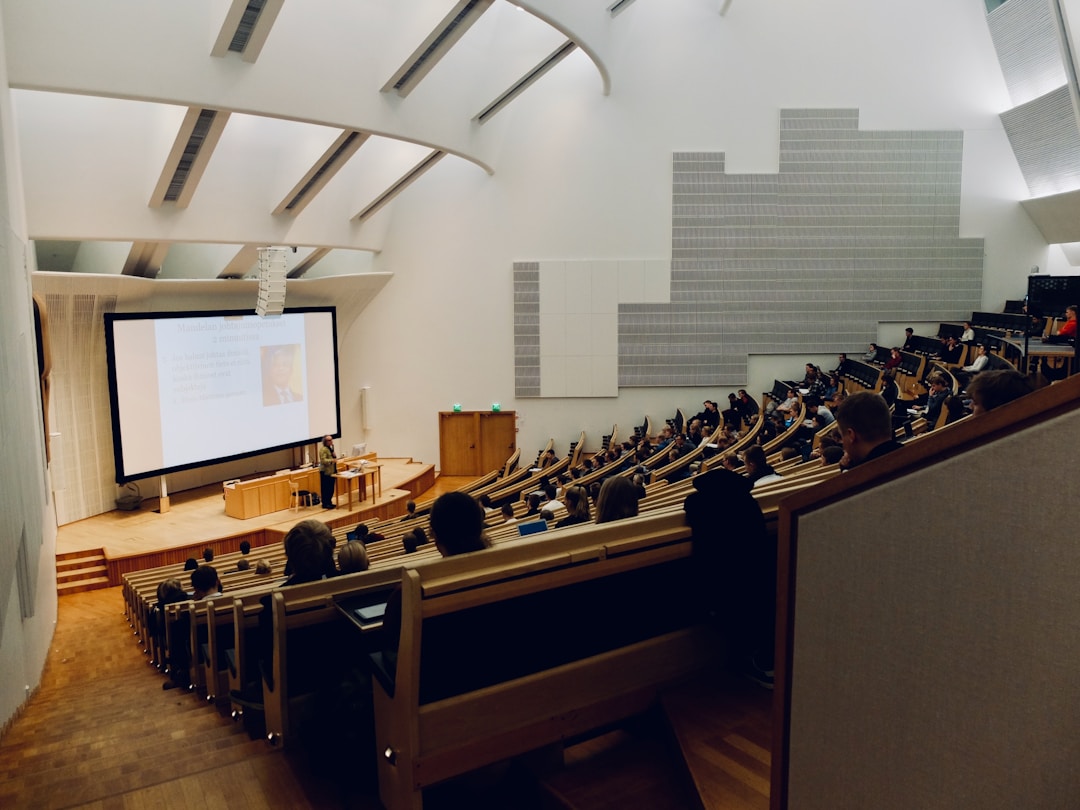A Wise Investment: How Education Paves the Way for Financial Success
A wise investment isn’t always about stocks, bonds, or real estate. At times, it lies within ourselves—in the knowledge we seek and the skills we hone. The path to financial success often begins with a solid foundation of education. Whether you’re pursuing an AA degree in early childhood education or a Ph.D. in Quantum Physics, the knowledge you acquire will often serve as the cornerstone for future opportunities, stability, and economic growth.
The Tangible Benefits of Education

A well-rounded education, regardless of the field, equips individuals with a diverse skill set and a broad knowledge base that can be applied in various real-world scenarios. Let’s explore how these educational experiences translate to tangible financial benefits.
Economic Stability and Earning Potential: It’s a well-documented fact that those with higher levels of education tend to earn more over their lifetimes than those without. According to a study by the Georgetown University Center on Education and the Workforce, a bachelor’s degree holder can earn up to $2.3 million on average over a lifetime, compared to $1.3 million for those with just a high school diploma. The gap becomes even wider for individuals with master’s, doctoral, and professional degrees.
Enhanced Employability: In addition to higher earning potential, an educated workforce is also more employable. The unemployment rate for those with a bachelor’s degree or higher is consistently lower than for those with only a high school diploma. Employers often seek candidates who demonstrate critical thinking, problem-solving abilities, and specialized knowledge—all attributes that are fostered through higher education.
Financial Literacy: Education isn’t just about professional skills; it also provides a foundation for understanding essential life concepts, including financial management. Financial literacy courses, often part of college curriculums, teach students the basics of budgeting, saving, investing, and understanding credit. With this knowledge, they’re better equipped to make informed decisions, avoid debt, and build wealth.
Navigating Educational Opportunities for Financial Success
Understanding the importance of education is just the first step. Knowing how to navigate the educational landscape, seek out opportunities, and make informed decisions can amplify the potential benefits.
Role of a Guidance Counselor: A college guidance counselor is an invaluable asset for students seeking to align their educational aspirations with future career goals. These professionals provide insight into the best colleges, programs, scholarships, and financial aid opportunities. They offer advice tailored to individual strengths, passions, and desired career paths, ensuring students get the most out of their educational journey.
Seeking Scholarships and Financial Aid: Investing in education can be costly, but it doesn’t always have to break the bank. Scholarships, grants, and financial aid programs can significantly reduce the financial burden. By diligently researching and applying for these opportunities, students can minimize student loan debt, ensuring a smoother transition into their careers.
Continuous Learning and Professional Development: The world is continuously evolving, and with it, the job market. It’s essential to adopt a mindset of lifelong learning. Continuing education courses, certifications, and workshops can keep professionals updated with the latest trends, making them more competitive in the job market.
The Broader Impacts of an Educated Society

An individual’s education doesn’t just benefit them alone; it also positively impacts society as a whole.
Economic Growth and Innovation: A highly educated workforce is often correlated with increased productivity, innovation, and economic growth. Companies in knowledge-based economies thrive on the expertise and creativity of their employees, leading to new products, services, and industries.
Social Benefits and Community Development: Educated individuals often play more active roles in their communities. They’re more likely to vote, volunteer, and engage in civic activities. Their enhanced understanding of the world leads to more informed decision-making, which can benefit society as a whole.
The Best Investment You Can Make
While there are many avenues to invest your money, none may be as fruitful and rewarding as investing in your own education. The immediate benefits, like better job prospects and increased earnings, are evident. But the broader implications—enhanced personal growth, societal contributions, and the potential for generational change—are immeasurable.
In a rapidly changing world, the tools and knowledge acquired through education can serve as an anchor, providing stability, purpose, and direction. As you consider where to invest your time and resources, remember that investing in education is not just about financial returns; it’s about crafting a life rich in knowledge, experiences, and opportunities.




